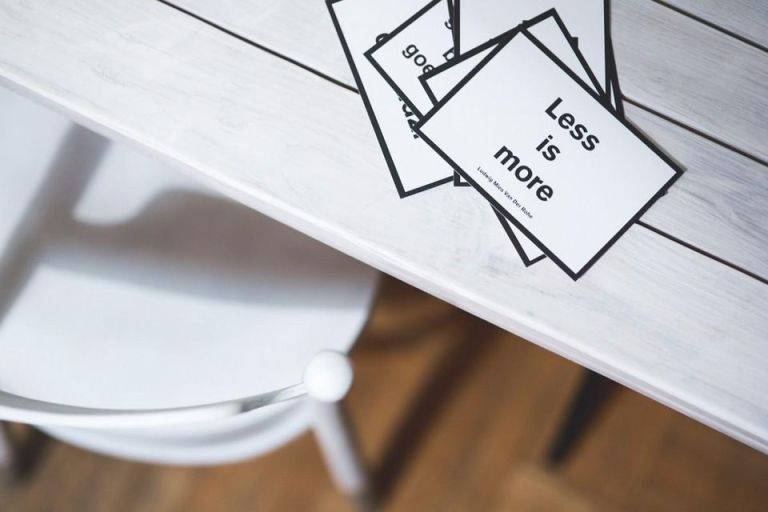One of the most important ideas that you should be aware of that has the potential to change your life is the concept of Less is More and the 80:20 rule. The 80:20 rule is also referred to as the Pareto Principle after the name of the famous 19th century Italian economist and philosopher called Vilfredo Pareto. There are two wonderful books I highly recommend that are devoted to this subject called the 80:20 Principle by Richard Koch (see https://richardkoch.net/books/320-the-80-20-principle-the-secret-to-achieving-more-with-less) and The One Thing by Gary Keller and co-author Jay Papasan ( https://www.the1thing.com/ ) that go into detail about the power of this principle. This article provides an overview of the key elements of the principle.
Vilfrid Pareto got the idea about the 80:20 rule when he noticed one day that 20% of the pea plants in his garden generated 80% of the healthy pods. He then discovered that 80% of the land in Italy was owned by just 20% of the population. As he kept looking, he found this phenomenon to be true in many different industries and situations. For example, he found that 80% of production typically came from just 20% of the companies. This observation led him to believe there was some kind of law of nature that was responsible for this uneven distribution .
Over time, it became clear that no matter where one looked, it was true that 80% of results tend to come from only 20% of the actions.
This “universal truth” about the skewed nature of inputs and outputs is what became known as the Pareto principle or the 80/20 rule. It is useful to remember that the ratio is not always 80:20. It can be 90:10 or 70:30 but the principle is always that a small set of inputs/actions is what produces the bulk of outputs/results.
Let’s look at typical examples in the context of modern organizations and in pur personal life:
• 20% of the staff generate 80% of revenue.
• 20% of customers contribute 80% of overall sales.
• 20% of the land in the country yields 80% of the agricultural output
• 20% of the population accounts for 80% of a country’s healthcare exposure.
20% of the apps on your smartphone are what you use 80% of the time!
We use only 20% of the words in the English language (about 500 words or so) 80% of the time.
Using the 80:20 Rule
Everyone has the ability to leverage the power of this rule almost immediately. As a start, the 80:20 rule is an instrument of enhanced focus. Rather than chasing 50 different objectives (and possibly ending up with little or no traction in any of these)’ would it not be better to focus on just 2-3 objectives at most and concentrate on success in these?
As an executive or manager with limited resources, a less is more mindset can help to understand which projects are of highest priority and which can be delegated or postponed.
As an entrepreneur, the less is more mindset can help to provide focus on what’s working right now and stop you from going after endless new distractions that may not produce any result.
As someone trying to lose weight, the 80:20 rule can help you to realize that doing one or two things consistently (like exercising or cutting out sugar) can do more for your health than tracking the 75 new latest diet fads.
For learners, it is a fact that in order to become good at something, you just need to focus on a few things and do these really well.
Irrespective of who you are and what stage of life you are in, it’s important to remember that there is only so much time in a day and that you need not run around with a never-ending list of things to do.



Leave a Reply